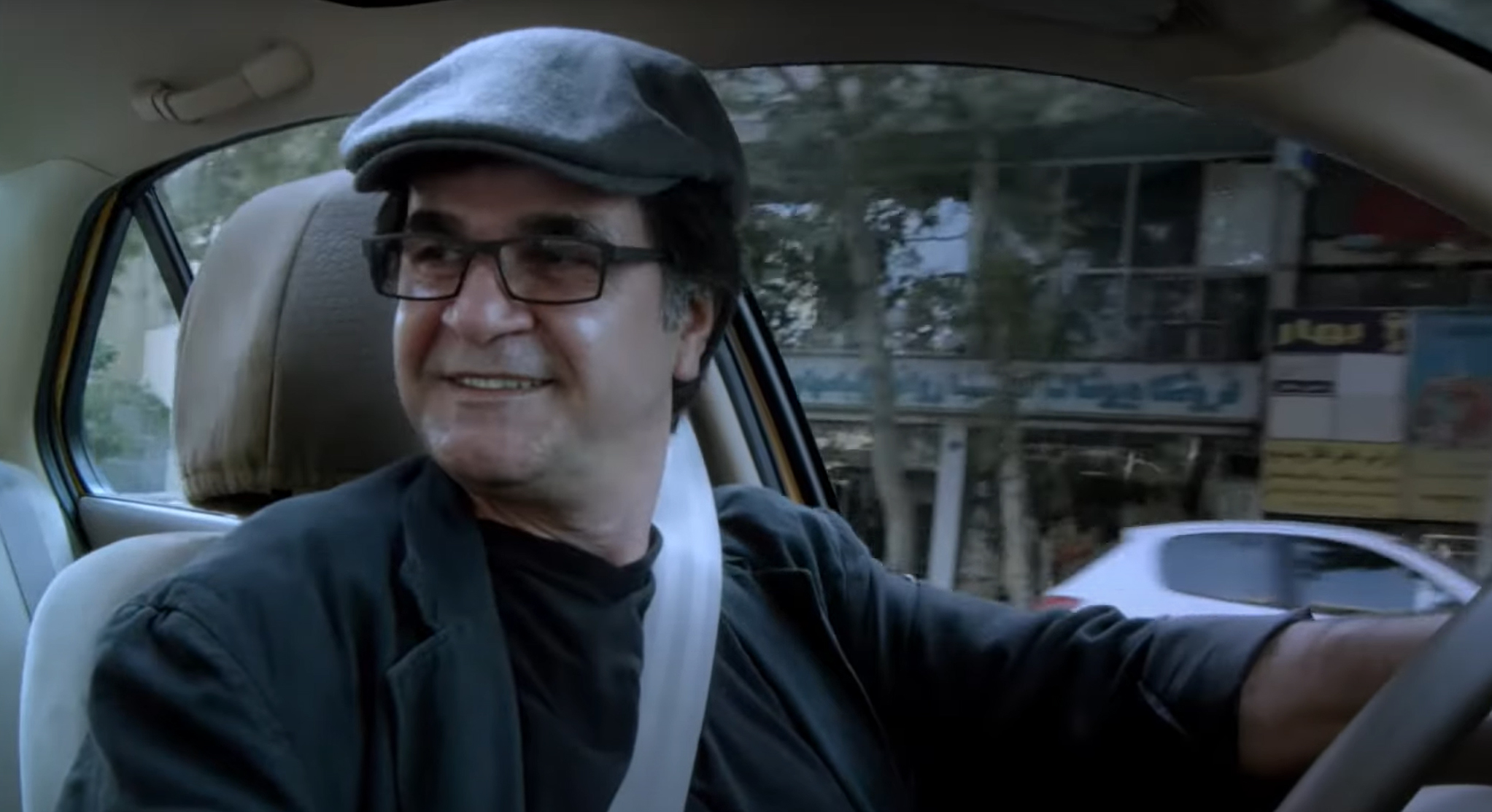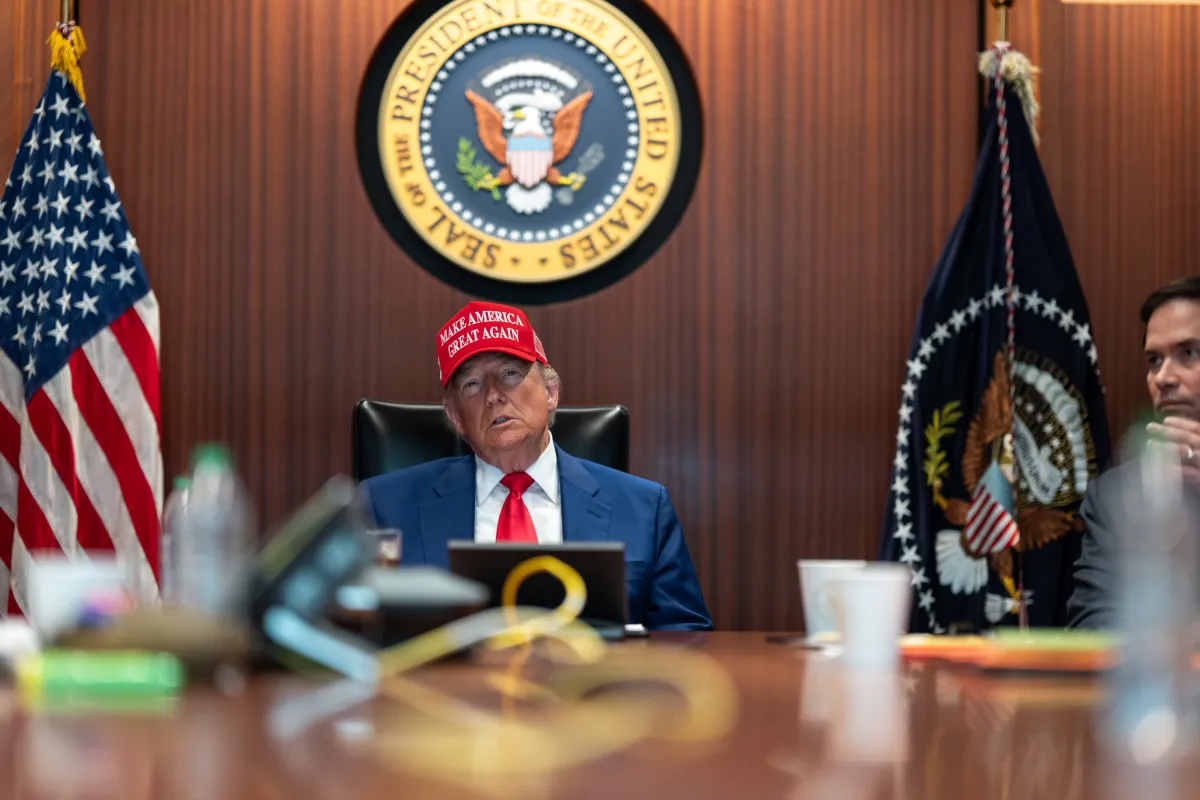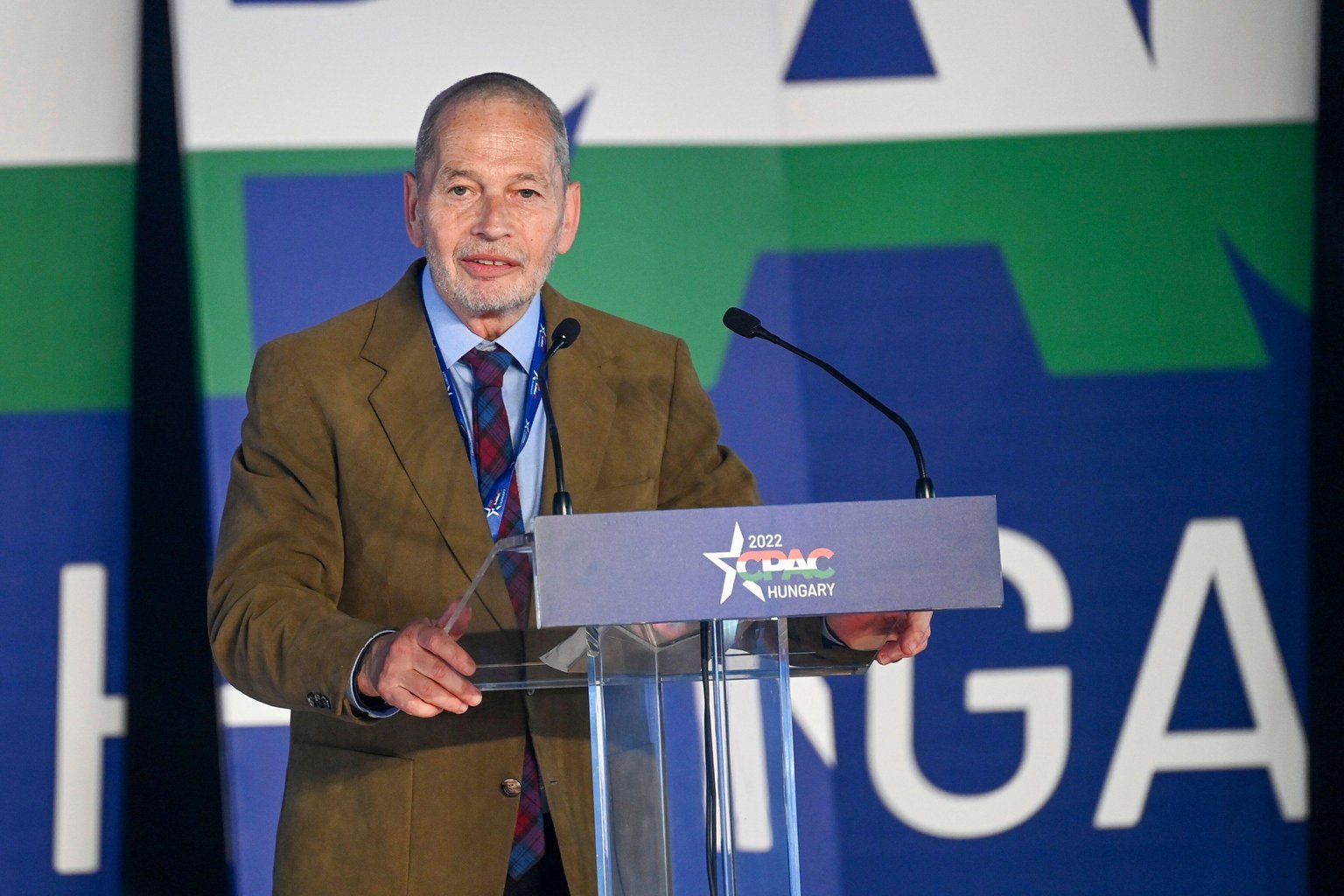The Foreign Secretary announced this morning the launch of a new independent advisory group on human rights. Promising to turn rhetoric into “accountability and lasting change”, Hague said he will convene regular meetings with NGOs and independent experts to ensure the Foreign Office has the “best possible information” on human rights abuses across the world.
In line with this the FCO will re-issue, and publish, its guidance to staff on the need to report any alleged violations of human rights that they encounter. In addition, the Foreign Secretary will now report annually to Parliament on these issues.
Hague emphasized that the coalition will move away from the previous government’s “idealism” to a more “practical and principled approach”, arguing that change cannot be imposed on other countries, however desirable that change. In what some may see as a step back from responsibility, Hague said with regard to Iraq and Afghanistan that the foundations of democracy have to be “built over time”. He stressed that the government is not resigned to a lack of change, but that it intends to work “with the grain” of individual countries. When asked whether the FCO had to pull its punches with China because of its economic power, however, Hague insisted there was “no need to water down” criticisms about human rights violations.
The Foreign Secretary went on to describe BBC World Service as “invaluable” in promoting the UK’s reputation for openness and liberty, and said that he did not support the closure of the World Service’s broadcast in Burma. In response to questions about funding for Human Rights NGOs, Hague said that he had reluctantly agreed to cuts at the Westminister Foundation for Democracy, and argued that the entire Foreign Office budget contributes to working on such issues.




